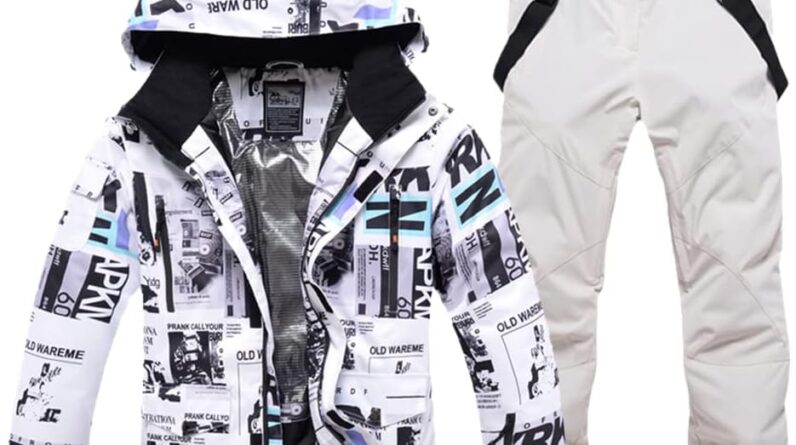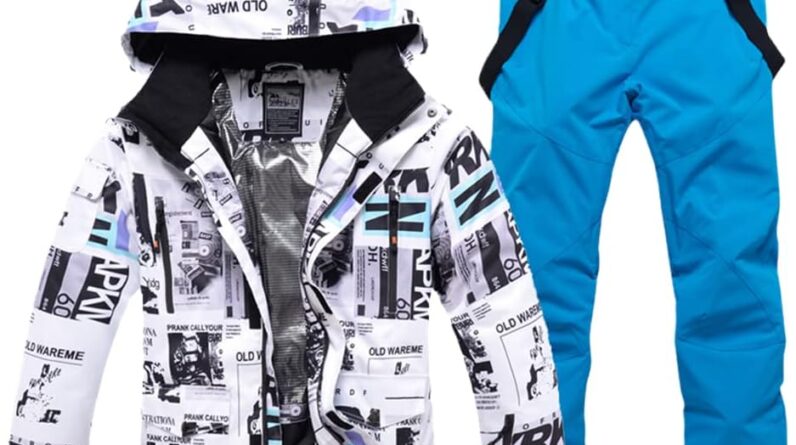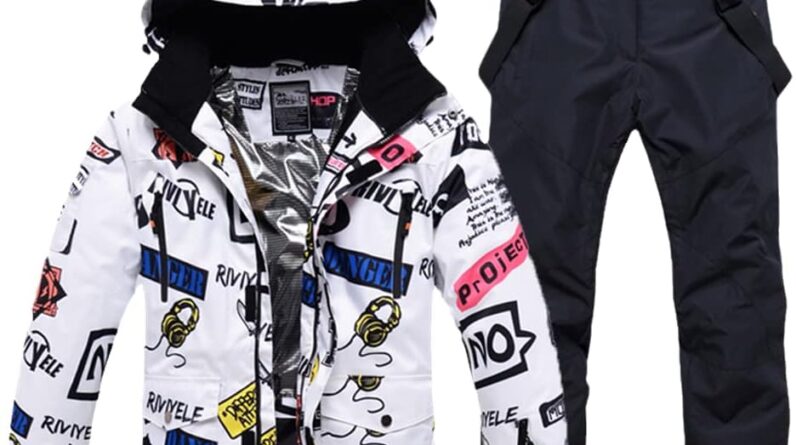
You’ve found yourself hitting the beach, ready to catch some waves and have a blast in the water. But before you jump in, it’s crucial to make sure you have the perfect bodyboard – one that fits you like a glove. In this article, we’ll explore the ins and outs of finding the ideal bodyboard size and shape, helping you make the most of your time in the surf. Whether you’re a beginner or an experienced rider, we’ve got you covered with all the information you need to ride the waves like a pro. So grab your sunscreen, and let’s dive into the world of bodyboarding!

This image is property of www.surfertoday.com.
Understanding Bodyboard Size
Importance of choosing the right size
When it comes to bodyboarding, choosing the right size is essential for a comfortable and enjoyable experience in the water. Bodyboards are designed to accommodate different riders’ needs and preferences, and selecting the correct size will significantly impact your performance and overall comfort while riding the waves. Finding the perfect bodyboard size ensures that you can maximize your potential and have the most fun out on the water.
Factors to consider when choosing size
Several factors should be taken into account when determining the appropriate bodyboard size for yourself. These factors include your height, weight, skill level, and preferred riding style. Each of these elements plays a vital role in finding the perfect bodyboard size that can cater to your specific needs. By considering these factors, you can ensure that you make an informed decision and select a bodyboard that will enhance your bodyboarding experience.
Bodyboard Length
Ideal length for different riders
The length of a bodyboard is a crucial aspect to consider when finding the perfect fit. Generally, bodyboards come in various lengths, ranging from 36 to 44 inches. Shorter bodyboards are ideal for smaller riders or those who prefer more maneuverability and control in smaller waves. Taller riders, on the other hand, may find longer bodyboards more suitable as they provide additional buoyancy and stability.
Effect of length on performance
The length of a bodyboard directly affects its performance in the water. Shorter boards are more maneuverable and allow for quick turns and tricks, making them well-suited for riders who enjoy riding in more critical sections of the wave. Conversely, longer boards offer more paddle power and stability, making them suitable for riders who prefer riding bigger, faster waves. Understanding how the length of a bodyboard impacts performance will assist you in making the most appropriate choice for your bodyboarding style.
Bodyboard Width
Impact of width on buoyancy and stability
The width of a bodyboard plays a crucial role in determining its buoyancy and stability. Wider bodyboards offer increased buoyancy, making it easier to float on the surface and catch waves. Additionally, wider boards tend to provide more stability, making them an excellent choice for beginners or riders who prefer a more relaxed, cruising style.
Choosing the right width based on body size
When selecting the width of a bodyboard, you should consider your body size and weight. A general rule of thumb is that wider boards are better suited for individuals with larger builds or those with a higher body weight. If you are of smaller stature or have a lower body weight, a narrower bodyboard may be more appropriate as it allows for increased maneuverability and control.
Bodyboard Thickness
Relation between thickness and stiffness
The thickness of a bodyboard refers to its overall thickness from the deck to the bottom. Thicker boards tend to be more rigid, providing increased stiffness and durability. On the other hand, thinner boards offer more flex, allowing for a more responsive and lively ride. Understanding the relation between thickness and stiffness will help you make an informed decision based on your riding preferences and the specific wave conditions you typically encounter.
Finding the optimal thickness for your needs
Determining the optimal thickness of a bodyboard depends on various factors, including your riding style, skill level, and wave conditions. Thicker boards are generally more suitable for riders who prefer riding larger, more powerful waves, as they can handle the increased impact and force. Thinner boards, on the other hand, are favored by riders who enjoy performing tricks and maneuvers in smaller waves, as they offer enhanced flex and responsiveness. By considering your specific needs and preferences, you can find the perfect thickness that will enhance your bodyboarding experience.

This image is property of cdn.shopify.com.
Bodyboard Tail Shapes
Overview of different tail shapes
Bodyboards are available in a variety of tail shapes, each offering unique characteristics and advantages. Some common tail shapes include crescent, bat, delta, and swallowtail. The tail shape of a bodyboard plays a significant role in determining the board’s maneuverability, drive, and control in different wave conditions. Understanding the different tail shapes will help you make an informed decision based on the type of waves you typically ride and your desired riding style.
Suitability of tail shape based on wave conditions
The suitability of a particular tail shape depends on the wave conditions you usually encounter. Crescent tails, for example, are widely popular and versatile, providing excellent control and maneuverability in almost any wave condition. On the other hand, bat tails offer improved grip and drive, making them well-suited for faster, more powerful waves. By understanding the different tail shapes and their suitability, you can choose a bodyboard that will perform optimally in the types of waves you enjoy riding.
Bodyboard Nose Shapes
Different nose shapes and their features
Bodyboards come in various nose shapes, each offering distinct advantages for different riding styles. Some common nose shapes include bat, square, and round. The nose shape of a bodyboard affects its stability, speed, and control in different wave conditions. Understanding the features of different nose shapes will help you select a bodyboard that aligns with your specific preferences and riding style.
Benefits of different nose shapes
The benefits offered by different nose shapes further emphasize the importance of selecting the right one for your needs. Bat noses, for example, provide increased control and maneuverability, making them highly suitable for performing tricks and quick turns. Square noses offer enhanced stability and speed, making them suitable for riders who prioritize cruising and racing. Rounded noses strike a balance between maneuverability and stability, making them a versatile choice for a wide range of riding styles. By considering the benefits of different nose shapes, you can make an informed decision and choose a bodyboard that complements your preferences.

This image is property of cdn.shopify.com.
Factors to Consider
Rider’s skill level and experience
When choosing a bodyboard, it is essential to consider your skill level and experience. Beginner riders may benefit from slightly longer, wider boards that offer more stability and forgiveness, allowing them to develop their skills with ease. Intermediate and advanced riders, on the other hand, may prefer shorter, narrower boards that provide increased maneuverability and control for more advanced riding techniques.
Rider’s weight and body type
Your weight and body type also play a significant role in determining the right bodyboard size. Heavier individuals may benefit from larger, wider boards that provide increased buoyancy and stability in the water. Conversely, lighter riders may find smaller, narrower boards more suitable for their body size, allowing for improved maneuverability and control.
Preferred riding style and wave conditions
Your preferred riding style and the wave conditions you typically encounter should be considered when selecting a bodyboard. If you enjoy riding smaller waves and performing tricks, a smaller, more maneuverable board may be the best choice. For riders who enjoy riding larger, more powerful waves, a larger and more stable board will provide the necessary control and paddle power.
Testing and Demoing
Importance of trying different boards
Before making a final decision, it is vital to test and demo different bodyboards. This hands-on experience allows you to get a feel for the board’s size, shape, and features before making a purchase. Testing different boards will help you identify which size, shape, and features suit your bodyboarding style the best, ensuring that you are satisfied with your choice when you hit the water.
Benefits of attending bodyboarding events
Attending bodyboarding events can provide valuable opportunities to test various bodyboards and receive advice from experienced riders and professionals. These events often offer demo days, where you can try out different boards and receive guidance from experts who can help you select the perfect bodyboard size and shape based on your individual needs and preferences. Taking advantage of these events can greatly assist you in making an informed decision and finding the ideal bodyboard for you.

This image is property of www.pridebodyboards.com.
Seeking Expert Advice
Consulting experienced bodyboarders
Seeking advice from experienced bodyboarders can provide valuable insights into selecting the right bodyboard size and shape. These individuals have firsthand experience and knowledge in bodyboarding and can provide guidance based on their own experiences. They can offer recommendations based on your skill level, body type, and preferred riding style, helping you make an educated decision when choosing a bodyboard.
Getting guidance from professionals
Consulting with professionals in the bodyboarding industry, such as coaches or instructors, can further refine your decision-making process. These individuals possess in-depth knowledge and expertise in bodyboarding and can provide personalized advice and recommendations based on your specific needs. They can analyze your skill level, body type, and riding style, helping you choose a bodyboard that will enhance your performance and enjoyment in the water.
Additional Considerations
Price range and budget
When selecting a bodyboard, it is important to consider your price range and budget. Bodyboards are available in various price ranges, and while higher-priced boards often offer advanced features and performance, there are still budget-friendly options that provide excellent quality and functionality. Determining your budget beforehand will help you narrow down your choices and find a board that offers the best value for your money.
Maintenance and care of bodyboards
Taking proper care of your bodyboard is essential to ensure its longevity and optimal performance. Regular cleaning, drying, and storing your board properly can help prevent damage and prolong its lifespan. Additionally, inspecting your board for any signs of wear and tear and addressing them promptly can prevent further damage and maintain its functionality. Understanding how to properly maintain and care for your bodyboard will help you get the most out of your investment and enjoy countless hours of riding in the water.
In conclusion, choosing the right size and shape of a bodyboard is vital to optimize your bodyboarding experience. By considering factors such as length, width, thickness, tail and nose shapes, and various rider-specific elements, you can make an informed decision and find the perfect bodyboard that aligns with your preferences and riding style. Testing different boards, seeking expert advice, and keeping additional considerations such as budget and maintenance in mind will further enhance your decision-making process. With the right bodyboard size and shape, you can hit the waves with confidence, comfort, and excitement.

This image is property of cdn.shopify.com.






